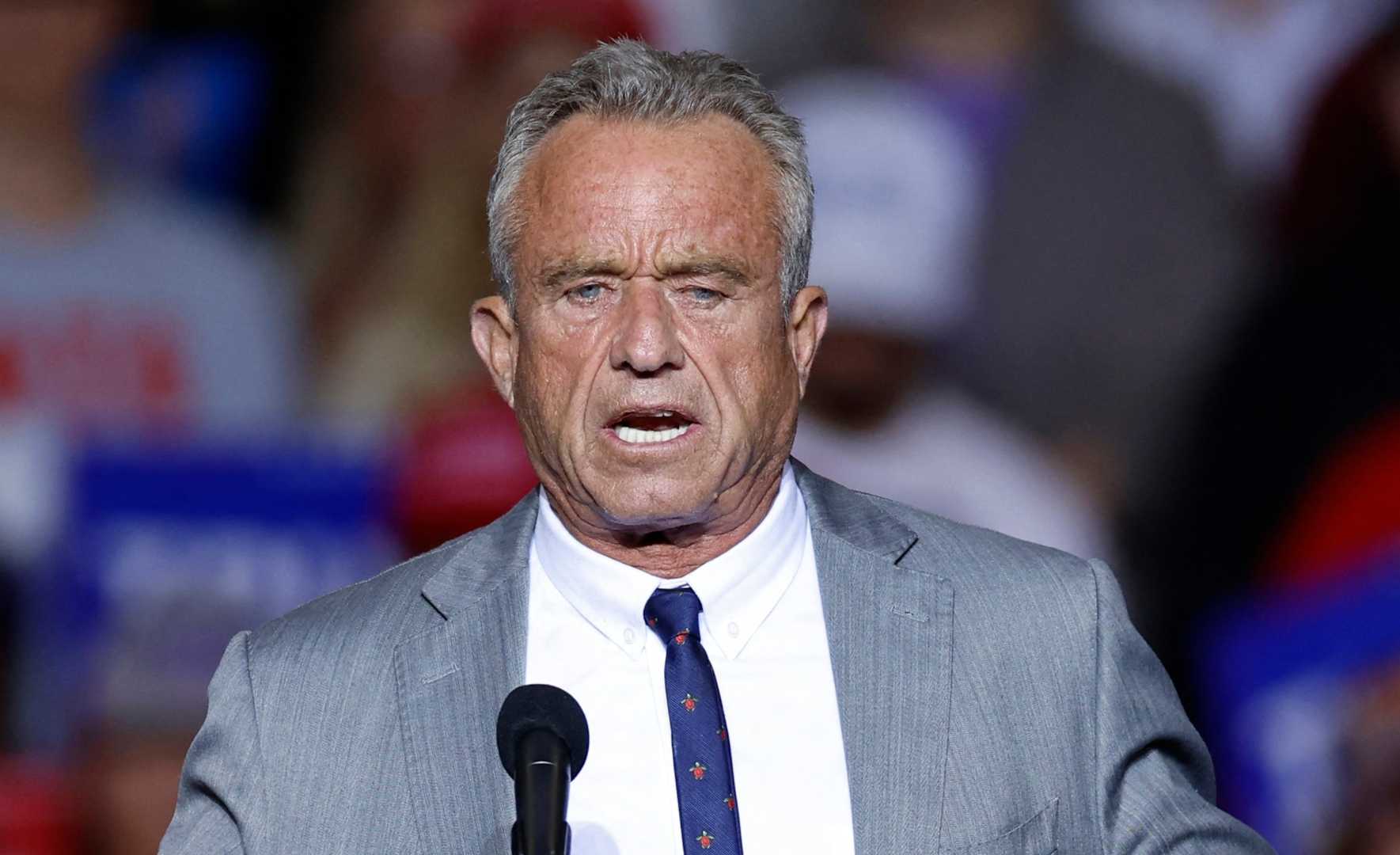Health
Kennedy’s Plan to Revamp Vaccine Injury Program Sparks Widespread Concern

WASHINGTON, D.C. — Five months into his role as Secretary of Health and Human Services, Robert F. Kennedy Jr. aims to overhaul a critical program underpinning the nation’s childhood immunization system. The proposal raises alarms as it risks jeopardizing vaccine availability across the United States.
The Vaccine Injury Compensation Program (VICP), established by Congress in the 1980s, provides a no-fault system for individuals who experience serious side effects from vaccines. The initiative was created during a crisis when lawsuits drove vaccine makers out of the market, ensuring quick compensation for those affected.
Kennedy, who has built a career around questioning vaccine safety, claims the VICP enables pharmaceutical companies to evade accountability. In a recent statement, he criticized the program for alleged corruption and hinted at plans to restructure it, aiming to broaden eligibility for compensation claims without providing specific details.
“If his unstated goal is to basically destroy the vaccine industry, that could do it,” said Dr. Eddy Bresnitz, a former state epidemiologist and vaccine executive. A spokesperson for the trade group representing pharmaceutical companies echoed this sentiment, highlighting that changes to the VICP could threaten access to FDA-approved vaccines.
Under Kennedy’s leadership, changes could allow for broader claims, including common health issues like diabetes and autism, which have been widely discredited as vaccine-related by scientific consensus. This could potentially drain the VICP trust fund, leading to a scenario where vaccine manufacturers could withdraw from the market as they did in the past.
The VICP has compensated thousands since its inception, covering various side effects from vaccines, including allergic reactions. Yet criticisms of its slow response to claims have surfaced, as staff shortages have resulted in backlogs. Kennedy’s recent comments about shifting the philosophical goals of the program have raised eyebrows among many in the medical community, which asserts the importance of maintaining both vaccine safety and availability.
The objective of vaccines is to protect individual children and the wider community, which they achieve through herd immunity. The CDC has documented substantial benefits associated with childhood immunizations, estimating millions of hospitalizations and several lives saved among Americans born between 1994 and 2023 due to routine vaccinations.
As Kennedy moves to implement changes, health experts remain concerned about the potential outcomes of such upheavals. “You can end vaccine manufacturing in this country,” warned Dr. Paul Offit, a pediatrician and vaccine developer.
The impending revisions have prompted advocacy from health organizations committed to upholding the current compensation structure, emphasizing its critical role in preserving public health and confidence in vaccinations.












